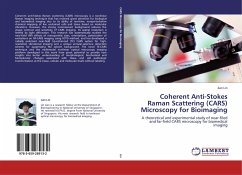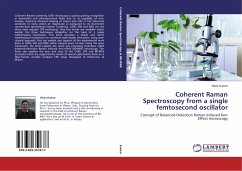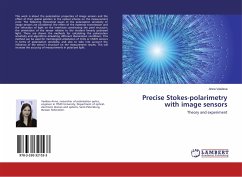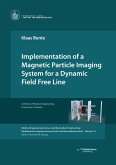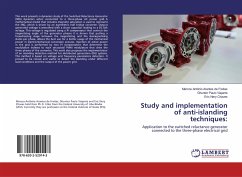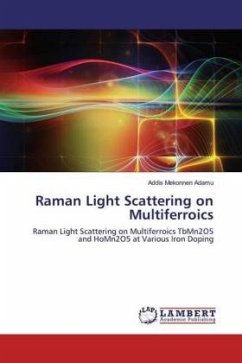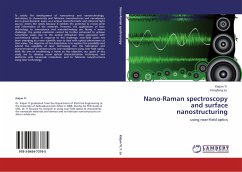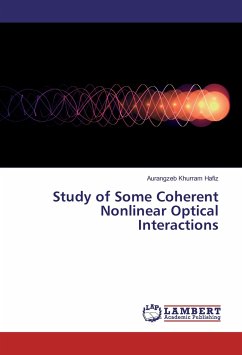Coherent anti-Stokes Raman scattering (CARS) microscopy is a nonlinear Raman imaging technique that has received great attention for biological and biomedical imaging due to its ability of real-time, nonperturbative chemical mapping of live unstained cells and tissue based on molecular vibrations. However, the strong nonresonant background reduces the image contrast and sensitivity of CARS imaging. Its spatial resolution is limited by light diffraction. This research has systematically studied the near-field (NF) effects of nanoparticle sizes, orientations, polarization of excitations on NF-CARS imaging using FDTD method, and has developed a radially polarized near-field tip-enhanced (TE) CARS system for high-resolution vibrational imaging and a unique annular-aperture detection scheme for suppressing the solvent background. The novel TE-CARS technique and the multimodal nonlinear optical microscopy imaging platform developed in this work have great potential to provide new insights into better understanding of morphological, biochemical and biomolecular changes associated with tissue and cell pathologic transformation at the tissue, cellular and molecular levels without labeling.
Bitte wählen Sie Ihr Anliegen aus.
Rechnungen
Retourenschein anfordern
Bestellstatus
Storno

